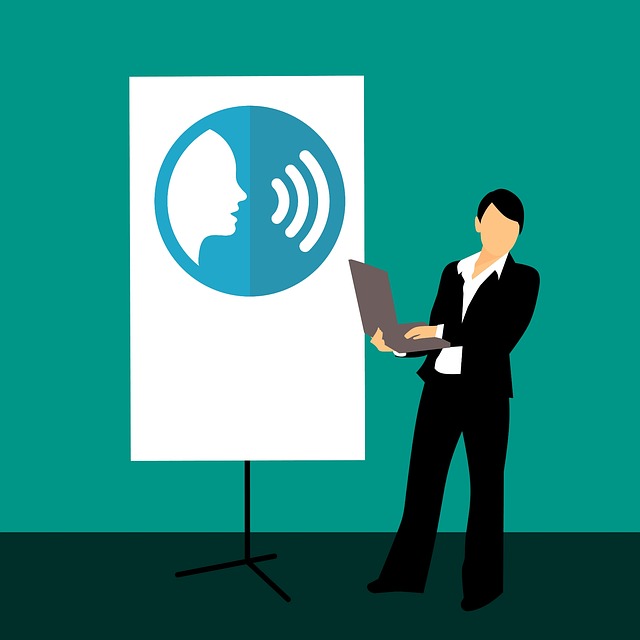
“We have two ears and one mouth so we can listen twice as much as we speak”.
(Epictetus, 55 AD)
Listening as a Process
The International Listening Society (ILA) defines listening as: “the learned process of receiving, interpreting, recalling, evaluating, and responding to verbal and nonverbal messages. Listening, as opposed to the passive process of hearing, involves cognitive, behavioural, and relational processes.” In 1957, Nichols and Stevens wrote “It can be stated, with practically no qualification, that people in general do not know how to listen.” Little has changed in terms of not knowing how to listen, and with increases in digital distractions and pressures to multitask, the challenges to listening (as opposed to just hearing) have increased since 1957.
Listening and Leadership
Listening is essential to effective leadership; it is a central competence for success. “Most of the successful people I’ve known are the ones who do more listening than talking” (Bernard M. Baruch, 1870-1985). The ability to listen is considered to be one of the most desirable traits in potential leaders (Charan, 2012). “As organizations have become flatter, more virtual and increasingly far-flung, it has become axiomatic that effective leadership is predicated on effective communication and, in particular, on finely honed listening skills” (Korn Ferry, 2013).
Learning to Listen
We talk at a rate of about 150 words per minute, but we can listen at a rate of nearly 1000 words per minute; this leaves time for the listener’s mind to wander, which is why we need to deliberately quash our natural tendency to process what we hear at the fastest speed possible. Added to this challenge, is the fact that most of us take listening for granted and tend to overestimate our skill as listeners. We fail to identify the need to improve our listening skills.
The Rewards of Listening
The development of positive listening habits can help to establish a positive listening norm for leaders. Positive listening habits can be contagious. Once one develops a reasonable degree of listening skill the potential gains in terms of knowledge, understanding, and cooperation outweigh the effort of learning to listen. In addition, when someone genuinely feels that they’ve been listened to, trust, respect, and appreciation grow.
Activity #1
Complete the quiz: “How Good Are Your Listening Skills?” (Mind Tools, 2021).
Compare your total score to the ranges in the “Score Interpretation” table on the same page.
Create a list of all the quiz items on which you scored “often” or “very often”.
Activity #2
Listen to the minilecture on active listening. The content for this lecture comes from the book “Active Listening: Improve Your Ability to Listen and Lead” by Hoppe (2018)
Lecture Video: Active Listening (19:58)
Slide Text: Active Listening
Use the list you created in Activity #1 to help you focus on some of the ideas for improving active listening outlined in the minilecture and on the web page on which the quiz appeared. For those who want to read more, the short book entitled “Active Listening: Improve Your Ability to Listen and Lead” is available on Amazon.
Reflection Exercise
Over the next couple of days, at work, try the following:
- Practice paraphrasing. After your colleague has spoken, summarize by saying ‘So what you mean is…’ or ‘If I can summarize what you said…’
- Create a list of open and closed questions you can ask in different contexts. You can start by noting the sorts of questions other people ask and whether those questions get productive or unproductive answers.
- Test your listening skills by doing debriefs with a colleague who has been to the same meeting as you. Ask the following questions about what you both heard:
-
- Who said what? (Who was in favour? Why? Who was against it? Why?)
- How did people react at different points in the meeting (with their body language as well as their words)?
- What did you learn about the agendas and priorities of each person present at the meeting?
Activity #3
Read the following two very short articles and answer the short quiz.
- Gelinas, L. (2018). Listening as a caring competency: Effective listening can make you a better nurse. American Nurse Today, 13(10), 4.
- Raso, R. (2016). Are you listening? Nursing Management, 47(4), 6–6.

